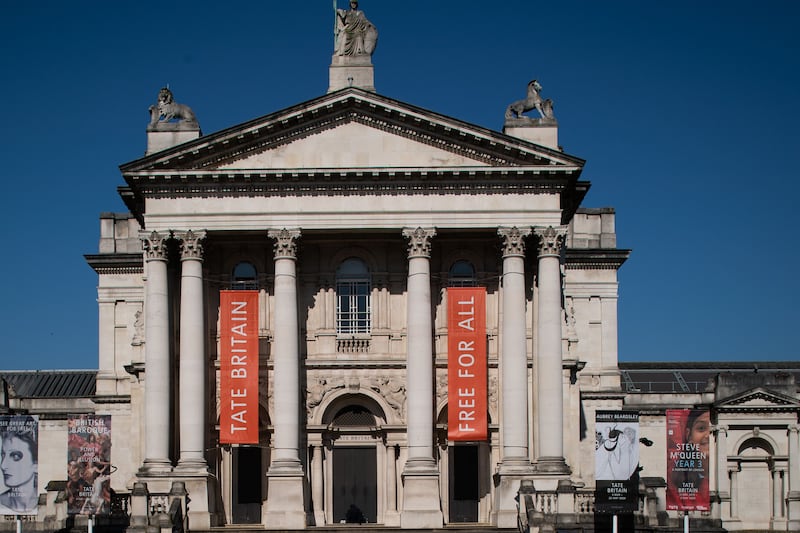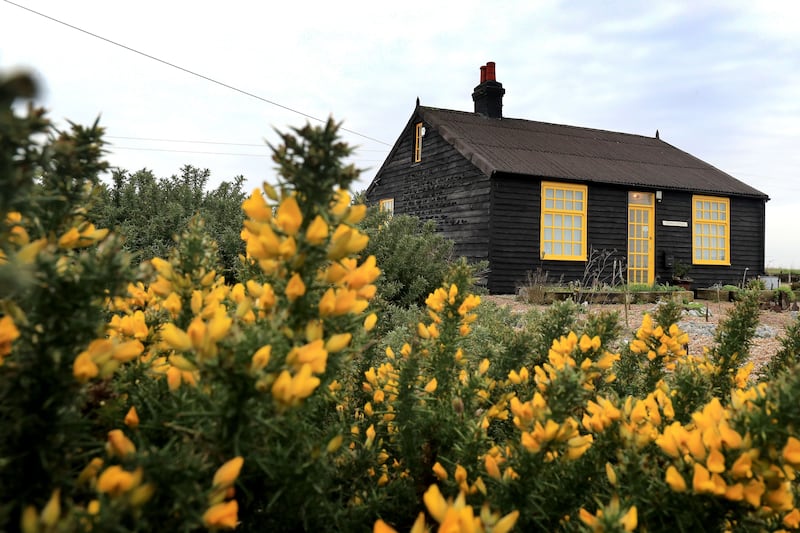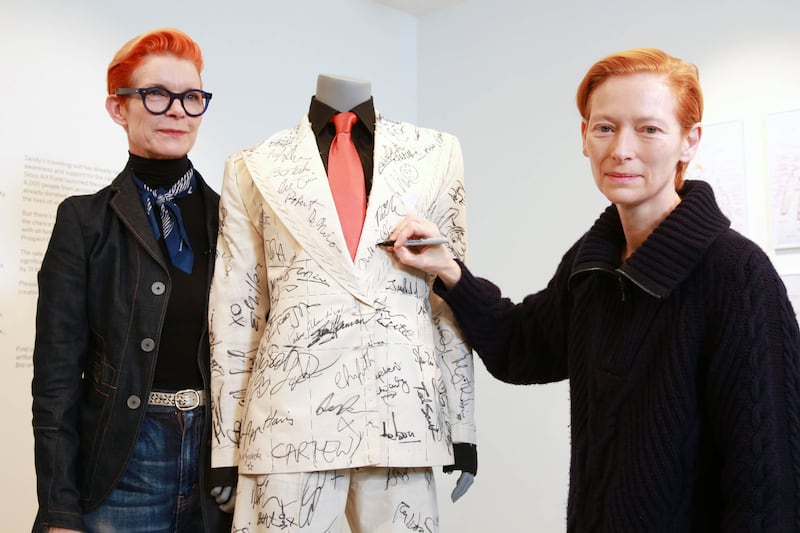PUNK has always been poorly served by mainstream cinema. Most evocations of that uniquely 70s youth explosion that have made it to the big screen are cliché-ridden borefests that generally fail to capture either the excitement or the revolutionary quality of the original musical movement.
All phlegm and no feeling, the likes of The Punk Rock Movie (1978), Breaking Glass (1980) and The Great Rock And Roll Swindle (1980) may have hoped to shock and outrage when they first appeared but today they come over as trite and quaint little pictures of a Britain long gone.
Best of a very bad bunch, and believe me it’s far from perfect, is probably Derek Jarman’s 1978 offering Jubilee. Clearly made as a visceral reaction to the cloying royalist pomp that surrounded the queen’s silver jubilee in 1977 but released a full year after the event, it’s a violently nasty picture of a future Britain broken and battered beyond repair.
Coming on like a cheapskate Clockwork Orange, Jarman’s film paints an unrelentingly bleak picture of society in collapse. Witnessed through the eyes of Queen Elizabeth I (Jenny Runacre) who is transported to Britain in the late 20th century by her alchemist John Dee (Richard O’Brien), we see a culture where law and order have disappeared completely.
The modern-day queen lies dead on waste ground, Buckingham Palace is a recording studio run by a crazy blind man (Jack Birkett) and anarchy reigns. Unlike Kubrick, whose cold eyed sense of cinematic style could frame the violence and horror of society in freefall with stunning visuals, Jarman opts for a garish, cheap and gaudy feel that leaves you feeling like you need a shower after you see it.
Cartoonish punks with names like Crabs, Amyl Nitrate and Chaos cruise the decrepit streets attacking innocent cafe owners, indulging in wanton acts of sexual depravity and generally behaving the way Daily Mail readers probably think 'Punks' behave to this day.
In many ways it’s not a 'punk' film at all but rather a film about some kind of 'punk' ethos. There are plenty of young fresh-faced future players to spot among the fairly unhinged cast, including a young Adam Ant, and Toyah Wilcox ripping it up as a foul-mouthed ginger hooligan called Mad, and it’s always fun to watch 'serious' actors like Runacre (who’d appeared in both Pasolini's The Canterbury Tales and Antonioni’s The Passenger in the early 70s) slum it in material that’s clearly not really worthy of their talents.
Ian Charleson, later to appear in Chariots Of Fire, even saw fit to deny that he ever graced this film although his wildly over the odds performance is there for all to see in all its naked glory.
The punk elite of the late 70s dismissed this as a load of old middle class rubbish and watching it today it’s easy to see why.
As a so called 'punk' film its weak but as a document of the late 1970s when Britain was on its knees and stumbling into an even more miserable world of Thatcherism, it’s strangely compelling.








